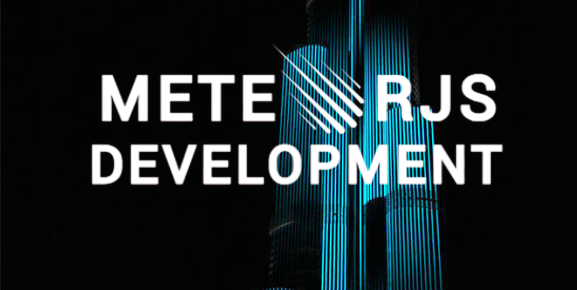1. What is Meteor.js, and why should I use it for web development?
Meteor.js is an open-source framework for creating JavaScript online and mobile applications. It is a well-liked option for developers wishing to expedite the development process and produce incredibly responsive applications because of its full-stack development capabilities, real-time data synchronization, and isomorphic development features.
2. Is Meteor.js only suitable for small projects, or can it handle large-scale applications?
Because of its excellent scalability, Meteor.js can manage applications of different sizes and levels of complexity. It is appropriate for both small projects and large-scale applications because of its support for distributed data and horizontal scaling, which guarantees that applications may develop smoothly as user demand increases.
3. How does Meteor.js handle real-time data synchronization?
Reactive programming and WebSockets are used by Meteor.js to facilitate real-time data synchronization between the client and server. All users always see the most recent changes because changes made to the server's data are instantly disseminated to connected clients in real-time.
4. What are some best practices for optimizing performance in Meteor.js applications?
Meteor.js applications can benefit from performance optimization through the use of techniques like code splitting, data caching, pagination, and subscription throttling. To improve load times and overall performance, developers can also make use of server-side rendering and lazy loading.
5. How can I secure my Meteor.js application against common security threats?
Built-in defenses against widespread security flaws like cross-site scripting (XSS) and cross-site request forgery (CSRF) are provided by Meteor.js. To effectively reduce security concerns, developers might use input validation, authentication, authorization, and frequent dependency updates.
6. What is the Meteor package ecosystem, and how can I leverage it in my projects?
A huge array of packages and extensions that increase Meteor's basic functionality make up the Meteor package ecosystem. Meteor's package management system makes it simple for developers to incorporate third-party packages into their projects, which speeds up development and increases productivity.
7. Can I use Meteor.js to build mobile applications for iOS and Android?
Yes, Meteor.js facilitates the development of iOS and Android mobile applications through the use of Cordova and React Native technologies. Meteor's full-stack features and real-time data synchronization enable developers to easily create cross-platform mobile applications.
8. How can I deploy my Meteor.js application to production?
Bundling, minification, and deployment environment configuration are some of the tasks involved in deploying a Meteor.js application to production. To expedite the deployment process, developers can leverage Meteor Up (MUP) tools or deploy to platforms like Heroku, AWS, or DigitalOcean.
9. What is the learning curve for developers new to Meteor.js?
The learning curve for Meteor.js is quite low, particularly for developers with prior experience with full-stack development and JavaScript. Developers can find resources including community forums, documentation, and tutorials to assist them in getting started and overcoming obstacles.
10. Is Meteor.js actively maintained, and what is its long-term viability?
Yes, a committed group of developers and contributors actively maintains Meteor.js. Although Meteor's long-term survival depends on a number of factors, including community support, acceptance of emerging technologies, and alignment with industry trends, it is still a popular choice for developing online and mobile applications.
With its smooth integration with PHP web development services, MeteorJs Development provides a revolutionary approach to web development that yields scalable and dynamic solutions. Businesses may achieve unmatched flexibility, efficiency, and performance in their web applications by utilizing PHP in conjunction with MeteorJs. MeteorJs' vast ecosystem and sturdy foundation enable developers to create feature-rich, highly dynamic websites that captivate customers and propel business expansion. Accept the power of MeteorJs and PHP together to improve your online visibility and maintain your competitive edge in the cutthroat digital market of today.






























